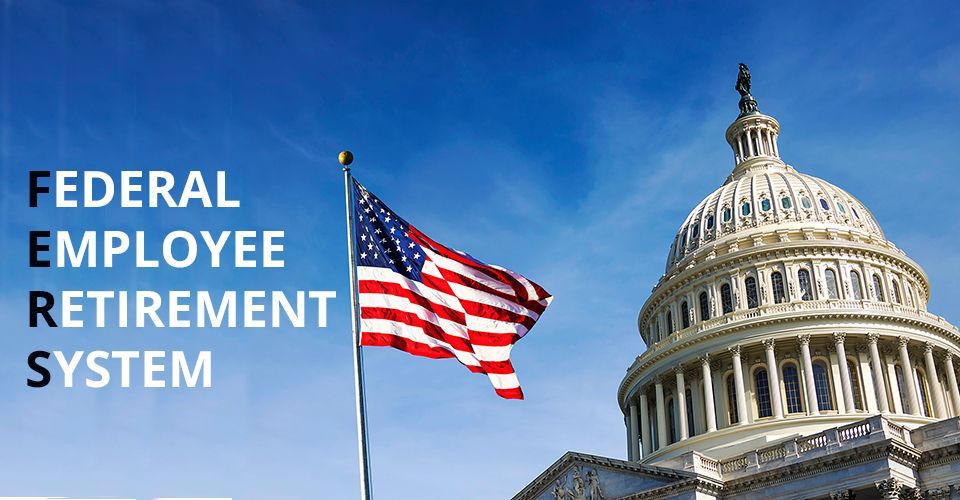May 13, 2025
Retirement planning isn’t just about numbers-it’s about peace of mind, security, and making the most of the benefits you’ve worked hard to earn as a federal employee. Yet, with the ever-changing landscape of federal benefits, tax laws, and investment options, even the most diligent savers can feel overwhelmed. That’s where the “5 Keys to Retirement” guide comes in-a resource designed specifically for federal employees who want to take control of their future and retire with confidence. The Power of a Comprehensive Approach What sets the “5 Keys to Retirement” guide apart is its holistic, actionable approach. Instead of focusing on just one aspect of retirement, this guide empowers you to address the five foundational pillars of a secure retirement: income planning, investing, taxes, estate and legacy planning, and healthcare. By breaking down each area into manageable steps, the guide helps you see how these elements work together to create a robust and resilient retirement strategy. Many federal employees underestimate the complexity of coordinating their FERS or CSRS pension, Social Security, Thrift Savings Plan (TSP), and personal savings. The guide helps you understand how to maximize each benefit, avoid common pitfalls, and identify opportunities that might otherwise go unnoticed. Whether you’re nearing retirement or just starting to plan, having a clear, comprehensive roadmap can make all the difference in achieving your goals. Five Reasons to Download the Guide The “5 Keys to Retirement” guide isn’t just another generic checklist-it’s a tailored resource crafted with the unique needs of federal employees in mind. Here’s what makes it so valuable: Clarity and Confidence : The guide demystifies complex retirement topics, so you can make informed decisions without second-guessing. Actionable Steps: Each section offers practical guidance you can implement right away, helping you move from uncertainty to action. F uture-Proofing : By addressing everything from tax strategies to healthcare and estate planning, you’ll be better prepared for life’s unexpected twists. Expert Insight : Developed by professionals who understand federal benefits inside and out, the guide ensures you’re not leaving money-or security-on the table. Peace of Mind : With a comprehensive plan, you can focus on enjoying your retirement instead of worrying about what you might have missed. Take the Next Step Toward a Secure Retirement Don’t let uncertainty or lack of information stand between you and the retirement you deserve. Download the “5 Keys to Retirement” guide today and take the first step toward building a future that’s as rewarding as your career. And if you're 55 or older, meet age & service requirements, or elected to take the VERA, then you can take advantage of our added bonus. We invite you to schedule a free consultation with one of our federal retirement experts. We'll answer your federal retirement questions and help you create a personalized retirement plan that meets your unique needs - at no cost to you. Don’t wait-your secure retirement starts with a single click!










